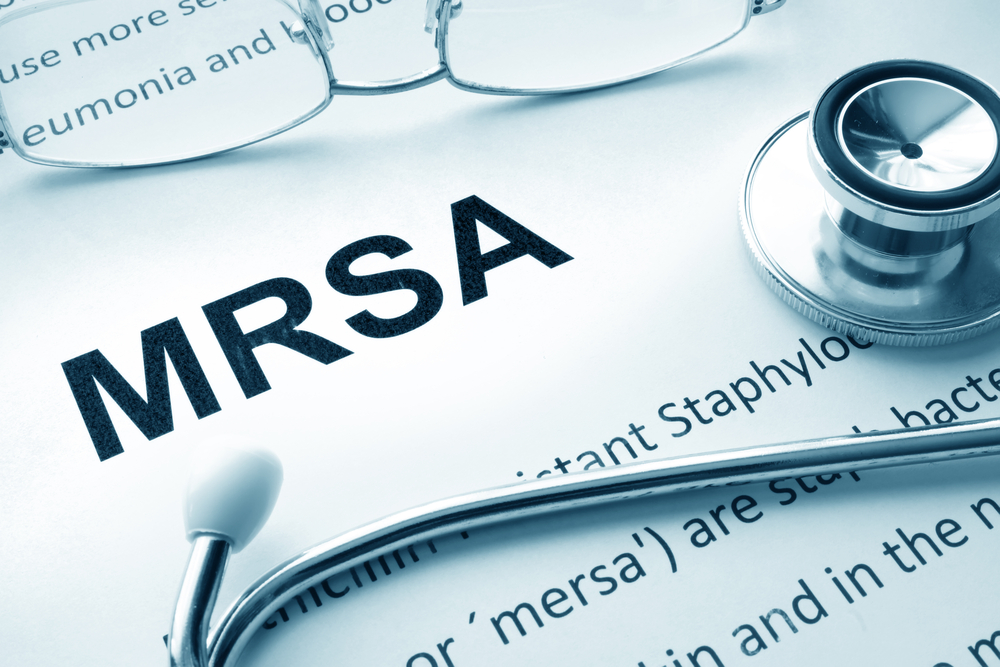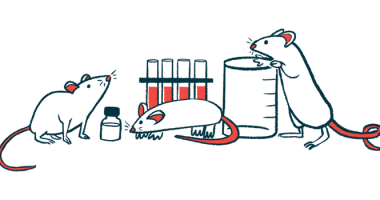Savara Starts Phase 3 Trial of AeroVanc for MRSA Lung Infections in Cystic Fibrosis

Savara Pharmaceuticals has started a Phase 3 clinical trial to evaluate the effectiveness of its AeroVanc inhalant as a treatment for a type of antibiotic-resistant lung infection in cystic fibrosis patients.
AeroVanc, also known as vancomycin hydrochloride inhalation powder, is aimed at methicillin-resistant Staphylococcus aureus, or MRSA.
There are both gram-positive and gram-negative bacteria. Gram-negative bacteria have thicker cell walls than gram-positive bacteria, and thus are more resistant to treatments.
Inhaled antibiotics are available for gram-negative Pseudomonas aeruginosa lung infections in people with CF. But there are no approved inhaled treatments for gram-positive MRSA infections.
Savara’s Phase 3 AVAIL trial (NCT03181932) is testing AeroVan as a potential treatment for gram-positive MRSA infections. AeroVan is the first dry-powder inhaled version of the antibiotic vancomycin.
MRSA has increased in the United States in recent years, affecting about 26 percent of people with CF.
CF patients will use a capsule-based device to take vancomycin inhalation powder. Because AeroVanc delivers vancomycin directly to the lungs, it is expected to improve the drug’s effectiveness and avoid adverse effects associated with broad-spectrum antibiotics.
The AVAIL study will enroll about 200 people — 150 younger than 21, and 50 older than 21 — at more than 80 trial sites in the United States and Canada.
During the first period of the study, participants will be randomized to receive either AeroVanc twice a day or an inhaled placebo for 24 weeks or three dosing cycles. A dosing cycle will consist of 28 days of treatment followed by 28 days of observation.
The primary measurement of AeroVanc’s effectiveness will be changes in a lung function yardstick known as forced expiratory volume in one second, or FEV1. Measurements will be made before the study starts, at four weeks — the end of the first cycle — and at week 20 — the end of the third cycle. FEV1 is the amount of air you can forcefully exhale in one second.
One of the trial’s secondary measurements of effectiveness will be the time it takes for a patient to have to use another antibiotic for a lung infection. Another secondary measurement will be the number of successful FEV1-response cycles a patient achieves at weeks 4, 12 and 20.
Still another will be changes in scores at weeks 4 and 20 on the Cystic Fibrosis Questionnaire-Revised (CFQR) index and the Cystic Fibrosis Respiratory Symptom Diary-Chronic Respiratory Symptom index.
Patrick Flume, director of the Cystic Fibrosis Program at Medical University of South Carolina, will be coordinating the study.
“Persistent MRSA infection is associated with increased use of intravenous antibiotics, increased hospitalizations, a faster decline of lung function, as well as shortened life expectancy,” Elliott Dasenbrook, director of the Adult CF Program at Cleveland Clinic, said in a press release. “Based on the completed Phase II study, AeroVanc represents a promising opportunity to make significant advancement in the treatment of this debilitating infection.”
Dasenbrook was the coordinating investigator of the Phase 2 study (NCT01746095), which involved 87 people in the United States.
“The initiation of the AVAIL study represents a substantial milestone for Savara and serves to underscore our team’s commitment to deliver on time,” said Rob Neville, CEO of Savara. “We believe positive results from the AVAIL study would set us up for submission of an NDA [New Drug Application to U.S. regulators], and we are excited to begin turning our attention towards commercialization.”
The U.S. Food and Drug Administration has granted AeroVanc Orphan Drug Designation and Qualified Infectious Disease Product status for the treatment of persistent MRSA lung infection in CF patients.







